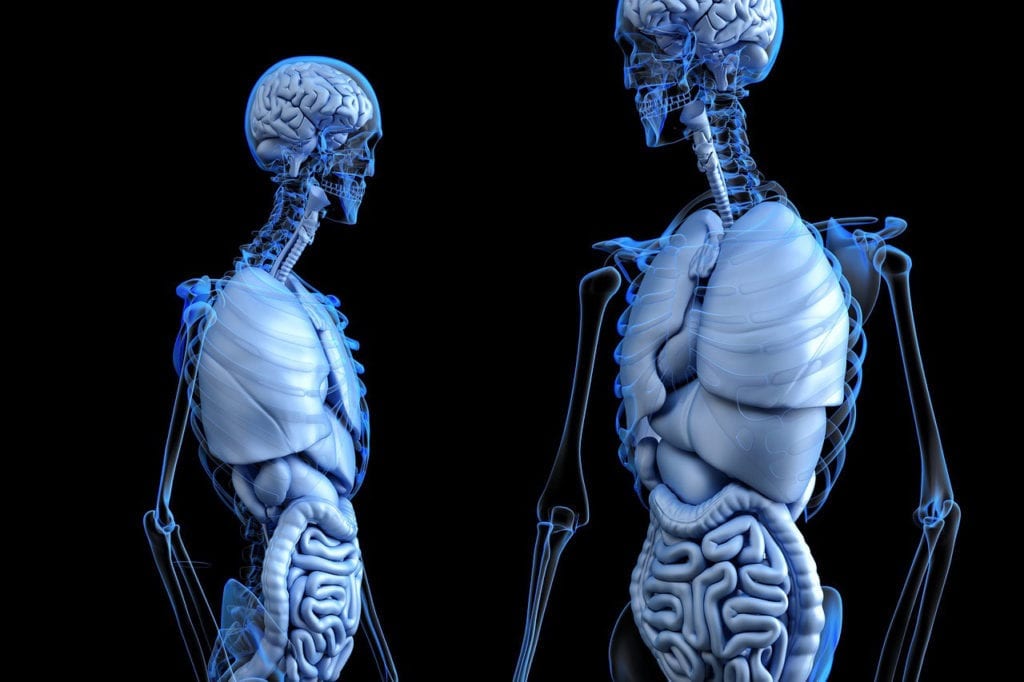The risk of developing an inflammatory bowel disease (IBD) such as Crohn’s disease or ulcerative colitis (UC) has been slowly but steadily increasing over time, with an estimated 0.8% risk increase each year. However, there are no cures for these conditions – and many people, even with available treatments, still find symptoms debilitating and interruptive at times. InDex Pharmaceuticals (“InDex”) developed cobitolimod as a potential intervention. The company describes cobitolimod as an investigational immunomodulatory therapeutic that is locally administered to the large intestine for a localized anti-inflammatory effect.
Unfortunately, cobitolimod has not performed as well in clinical studies as InDex would have hoped. According to a November 22 article from Tristan Manalac on BioSpace, InDex chose to discontinue its Phase 3 CONCLUDE program. The program began with an Induction Study 1 to identify the optimal cobitolimod dose, as well as to evaluate clinical remission in patients after a 6-week period. Next came the Induction Study 2 to evaluate the impact of treatment using the dose from the first portion of the study.
However, after the first Induction Study, an Independent Data Monitoring Committee recommended that the study program be discontinued. Given the available data, the Committee did not feel that the trial would meet its endpoint.
While InDex is disappointed by the news, the company hopes to identify others way to fulfill the unmet needs of people living with inflammatory bowel diseases.
The Basics of Ulcerative Colitis (UC)
Ulcerative colitis is a chronic inflammatory bowel disease that causes the formation of ulcers and sores in the large intestine. While doctors don’t know the exact cause of ulcerative colitis, many believe that the condition results from an abnormal immune response that causes inflammation. Genetic predisposition may also play a role. People of Jewish descent, who have a family history of IBD, or are under 30 or over 60 are more likely to have UC. Symptoms and severity of ulcerative colitis often vary from person to person. Potential symptoms may include:
- Nausea and vomiting
- Blood or mucus in the stool
- Diarrhea
- Losing weight without trying
- A low red blood cell count (anemia)
- Joint pain
- Abdominal cramping
- Rashes
- A constant or urgent need to have a bowel movement
Treatments include antibiotics, corticosteroids, immunomodulators, biologics, and aminosalicylates. In more severe cases, doctors may recommend surgery to remove parts of the colon. If you have ulcerative colitis, please speak with your care team to determine the best course of treatment.








